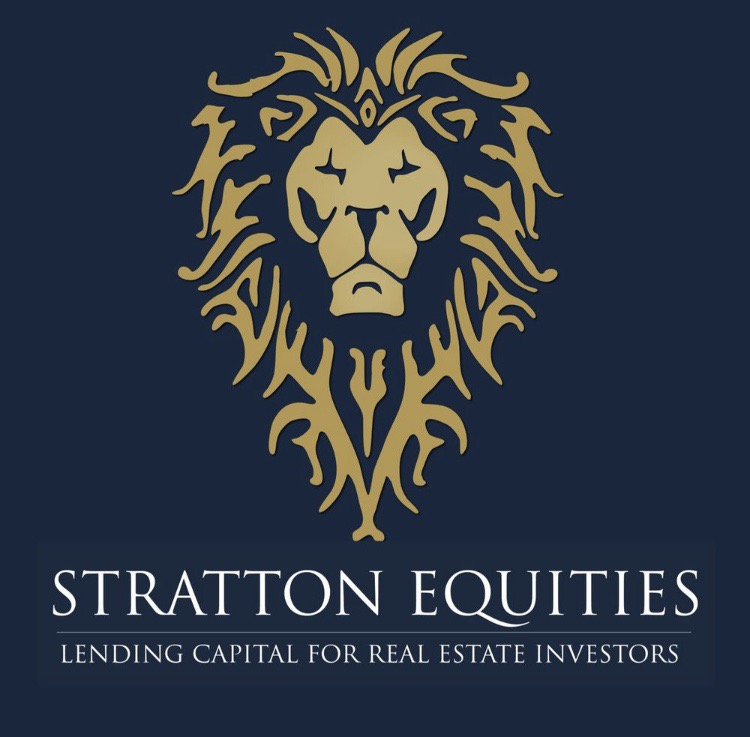What is the Difference Between Hard Money Loans Vs. Fix & Flip Loans?
- Stratton Equities

- Nov 14, 2022
- 3 min read
Updated: Feb 13, 2024
Among the most popular loan programs used by investors for real estate investments are Hard Money and Fix & Flip Loans . Many people inside and outside of the industry mistakenly think that these two distinct programs are one and the same loan, yet this couldn't be further from the reality.
Hard Money Loans
True hard money loans are asset-based loans, meaning they are financed according to the asset's Loan to Value (LTV). It has less restrictions and requirements than a Fix and Flip loan, therefore it doesn't undergo thorough underwriting and doesn't have a minimum FICO score requirement for the borrower.
Given that it's only money, this form of loan doesn't have as many limits as one might anticipate, thus there's no need to be concerned about bankruptcies, foreclosures, collections, etc.
A true Hard Money Loan is typically capped at 75% LTV or less due to the lack of regulations and underwriting. You can obtain the money within 1-2 weeks (from the day of application), if you wish to borrow $500K against a $1M house (50% LTV). It typically takes the form of a bridge loan, which provides short-term financing over a 12- to 24-month period.
Due to predatory lending practices and high-cost laws, Hard Money Loans are ONLY for investment properties. You cannot impose such high-interest rates and costs on an owner-occupied home.
If the borrower defaults on the mortgage, non-judicial foreclosure regulations in several jurisdictions enable Hard Money lenders to recover their funds swiftly.
The lender feels more at ease making high-risk loans thanks to these foreclosure laws because, in most cases, the money is not sold on the secondary market and the lender keeps the note rather than selling the paper.
Fix & Flip Loans
Fix & Flip Loans are asset-based loans, although they have more stringent underwriting standards. Fix & Flip loans consider the asset and the borrower in addition to the asset, whereas Hard Money Loans consider the asset.
People confuse Hard Money Loans with Fix & Flip Loans because both the loan and the laws are very similar - they are both private money to an investment property and bridge loans.
These types of Mortgage Loan Programs are acquired by real estate investors to purchase a cheap or rundown house and fix it up to sell it again for a profit. House-flipping investors interested in renovation buy low and sell high, on a fast and furious timeline and budget.
Difference Between Hard Money Loans Vs. Fix & Flip Loans
Because the loan and the laws are so similar—both are private loans for investment properties—hard money loans and fix and flip loans frequently get mixed up.
Hard Money and Fix & Flip loans are almost universally sponsored by hedge funds; the funding source is the same, but the underwriting varies.
Fix and Flip Loans, in contrast to Hard Money Loans, are typically marketed on the secondary market and go through full underwriting with stricter requirements. For instance, a minimum FICO score may be required for Fix & Flip Loans depending on the lender. Additionally, the borrower's credit cannot be negatively impacted for 24 to 36 months by late payments, foreclosure, judgments, or bankruptcy.
Stratton Equities
As the leading Nationwide Direct Hard Money & NON-QM Mortgage Lender, our reliable and professional team aims to help all real estate investors succeed. Our programs support projects like NO-DOC Loans, Hard Money, Soft Money Loans, Fix & Flip, Stated Income, and more!
For more information on our services, please contact us today at (800) 962 6613. APPLY TODAY!




